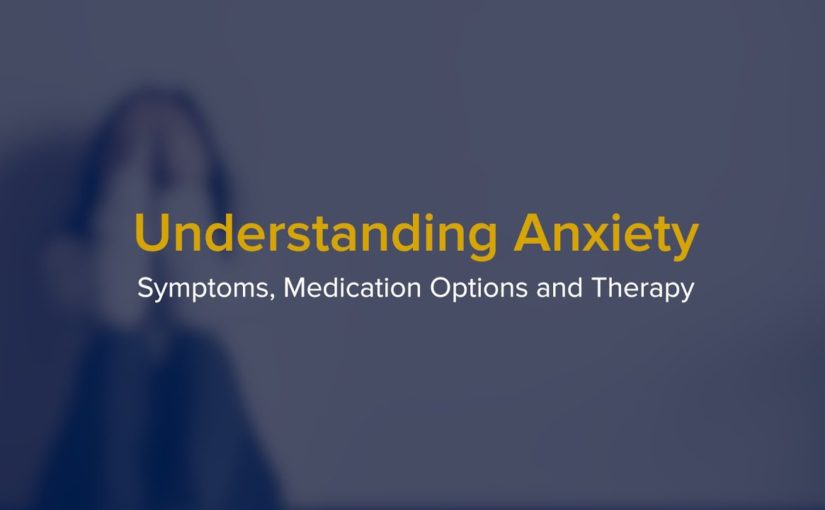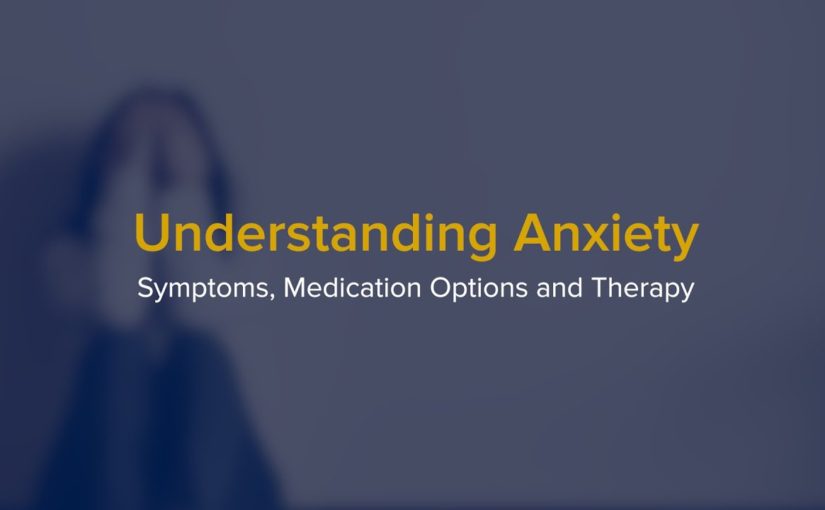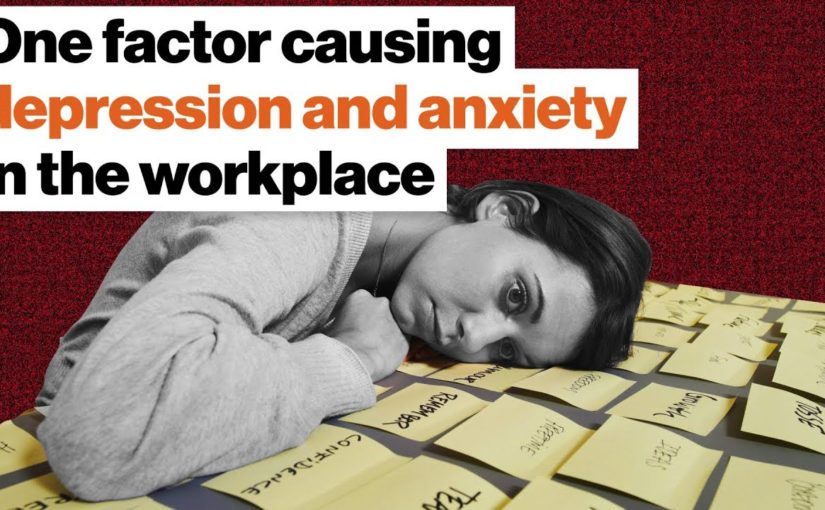I learned about nine causes of depression
and anxiety, for which there’s scientific evidence with different sets of solutions. But I’ll just give you a very quick example
of one. I noticed that lots of people I know who were
depressed and anxious. Their depression and anxiety focus on
their work. So I started looking at, well, how do people
feel about their work? What’s going on here? Gallup did the most detailed study that’s
ever been done on this. They found that 13 percent of us like our
work most of the time. Sixty-three percent of us are what they call
“sleepwalking” throughout work. We don’t like it. We don’t hate it. We tolerate it. Twenty-four percent of us hate our jobs. If you think about that 87 percent of people
in our culture don’t like the thing they’re doing most of the time. They did send their first work email at 7:48
a.m. and clock off at 7:15 p.m. on average. Most of us don’t want to be doing it. Could this have a relationship with our mental
health? I started looking for the best evidence, and
I discovered an amazing Australian social scientist called Michael Marmot who I got
to know, the story of how he discovered it is amazing, but I’ll give
you the headline.He discovered the key factor that makes us
depressed and anxious at work: If you go to work and you feel controlled,
you feel you have few or limited choices you are significantly more likely to become depressed
or even more likely to have a stress-related heart attack. And this is because of one of the things that
connects so many of the causes of depression and anxiety I learned about. Everyone watching this knows that you have
natural physical needs, right? You need food. You need water. You need shelter. You need clean air. If I took them away from you, you would be
in trouble real fast, right?There’s equally strong evidence that we
have natural psychological needs. You’ve got to feel you belong; You’ve
got to feel your life has meaning and purpose; You’ve got to feel that people see you and
value you; You’ve got to feel you’ve got a future that makes sense. And if human beings are deprived of those
psychological needs they will experience extreme forms of distress. Our culture is good at lots of things.We’re getting less and less good at meeting
people’s deep underlying psychological needs. And this is one of the key factors why depression
is rising. And that opens, just to finish the point about
what that opens up, a very different way of thinking about how we solve these problems,
right? So if control at work is one of the drivers
of this depression and anxiety epidemic I think well what would be an antidepressant
for that, right? What would solve that? In Baltimore, I met a woman called Meredith
Keogh as part of an amazing transformation. Meredith used to go to bed every Sunday night
just sick with anxiety. She had an office job. It wasn’t the worst office job in the world,
she wasn’t being bullied, but she couldn’t bear the thought that this monotony was going
to be the next 40 years of her life, most of her life.And one day Meredith experimented with
her husband Josh. Josh had worked in bike stores since he was
a teenager. Again, it’s insecure, controlled work, as
you can imagine. And one day Josh and his friends in the bike
store just asked themselves: what does our boss do? They liked that boss. He wasn’t a bad guy, but they
thought, “Well, we fix all the bikes.” They didn’t like this feeling of having
a boss.They decided to do something different. So Meredith quit her job. Josh and his friends quit their jobs. They set up a bike store that works on a different,
older principle. It’s a democratic cooperative, not a corporation. So the way it works is there is no boss. They make the decisions together democratically
by voting. They share the good tasks and the bad
tasks. They share the profits. One of the things that was so interesting
to me going there which is completely in line with Professor Marmot’s findings is how
many of them talked about how depressed and anxious they’d been when they worked in
a controlled environment and they weren’t depressed and anxious now. Now it’s important to say: it’s not like
they quit their jobs fixing bikes and went to become like Beyoncé’s backup singers,
right? They fixed bikes before, they fixed bikes
now. But they dealt with the factor that causes
depression and anxiety. As Josh put it to me, there’s no reason
why any business should be run in this top-down, depressogenic, humiliating way, right? The modern corporation is a very recent invention.Think about how many people you know who feel
terrible today if they were going to work tomorrow at a workplace that they controlled
with their colleagues. If there had to be a boss, they elected the
boss and the boss was accountable to them. Where they chose the priorities for their
workplace. A lot of people would feel very differently. Now that is an antidepressant, right?Chemical antidepressants should
remain on the menu. They give some relief to some people. That’s valuable. But we need to look for antidepressants that
deal with the reasons why we’re depressed. So I was able to identify nine causes of depression
and anxiety and seven antidepressants like this which are actually about dealing with
the reasons why we feel this way and not just blunting the symptoms.
100 Hot BooksComputers LaptopsExplaindio Agency Edition FREE Training How to Create Explainer Videos & SELL or RENT them! Join this FREE webinar | Work Less & Earn More With Explaindio AGENCY EDITION
AFFILIATE MASTERY BONUS: 6-Week LIVE Series Has Begun!
FunnelMates $46.⁹⁵ Replays are Instantly Available. Want A Profitable Mailing List But Not Sure Where To Begin? We’ll Guide You, Equip You, and even PAY You Cash To Do It!

☃in 5-10 Minutes A Day Using Automation Software and our Time-Tested Strategy See How Your New Site Can Be Live In Just 27 Seconds From Now!
Funnelify you will be able to create high-quality converting leads pages, affiliate pages, sales pages, sales funnels, and business pages, and you will never need to pay a web designer again.

 FunnelMates $46.⁹⁵
FunnelMates $46.⁹⁵ AFFILIATE MASTERY BONUS: 6-Week LIVE Series Has Begun! Replays are Instantly Available.Want A Profitable Mailing List But Not Sure Where To Begin? We’ll Guide You, Equip You & Even PAY You Cash To Do It!5-10 Minutes A Day Using Automation Software & Our Time-Tested StrategySee How Your New Site Can Be Live In Just 27 Seconds From Now!“Today You’ll
Get Access To The Complete FunnelMates Suite, Traffic Automation Software Tools & Our Beginner Friendly 6 Week Affiliate Masterclass (Inc. Recordings) Responsible For Taking 1,000 Of Complete Affiliate Zero’s To Legendary Affiliate Marketing Hero’s”
FunnelMates Is The FIRST EVER
System That Simplifies List-Building Affiliate Funnels
To Something Anyone Can UseIn Fact … On Average, Out Of Every 100 People Who Visit On Your Pages3% are ready to buy 30% don’t think they’re interested
6-7% are open to the idea 30% KNOW they’re not interested
6-7% are open to the ideaLong Story Short, 97% Of People
Just Aren’t Ready To Buy From You Right Now…









